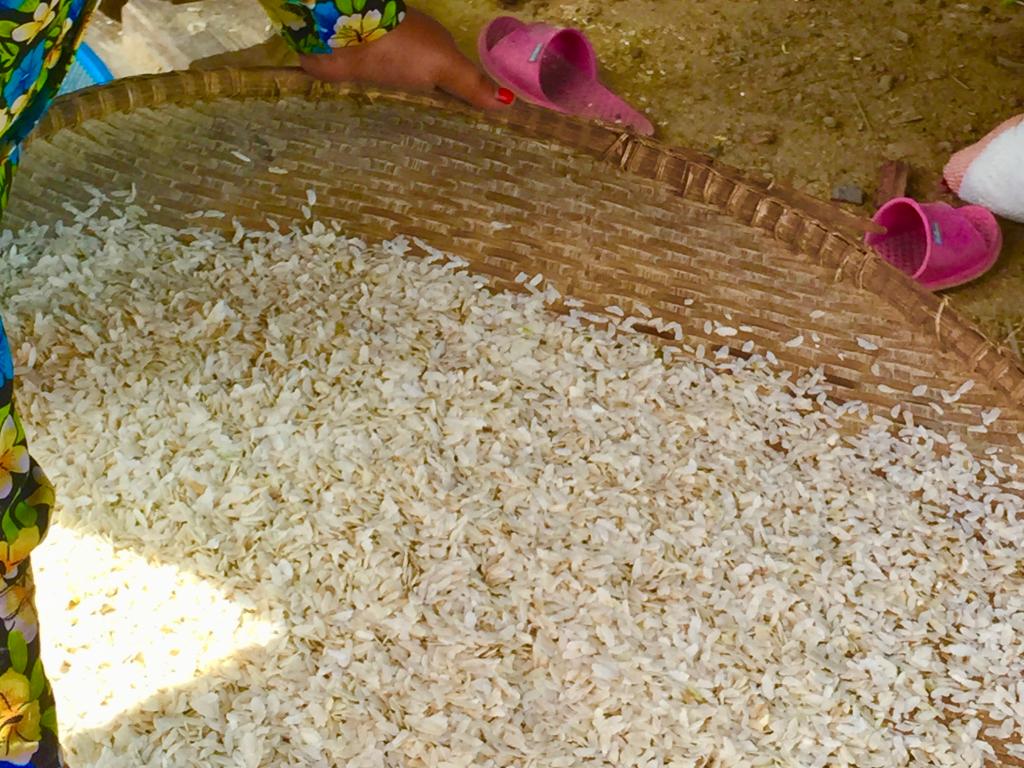In Ratanakiri province, home to a large share of Cambodia’s indigenous minorities, land commercialization involving large-scale land transfers and inmigration has led to shrinking access to land for indigenous households. Drawing on qualitative interviews and a household survey conducted in Ratanakiri, this paper explores the links between social reproduction and agrarian production in the current phase of agrarian transition through the lens of everyday gendered experiences. It argues that while wage labour is becoming an essential component of agrarian livelihoods for land-poor indigenous households, gendered hierarchies mediate access to local wage labour opportunities due to the incompatibilities between care work and paid labour.
This paper contributes to the literature by exposing locally specific processes through which gender-differentiated impacts are produced under multiple modes of dispossession. It also illuminates the links between dispossession and social reproduction and the tensions between capitalist accumulation and care activities in agrarian trajectories following land commercialization.
Reference of article: Joshi, Saba, 2019. Working wives: gender, labour and land commercialization in Ratanakiri, Cambodia. Globalizations. https://doi.org/10.1080/14747731.2019.1586117
Visit the DEMETER website


